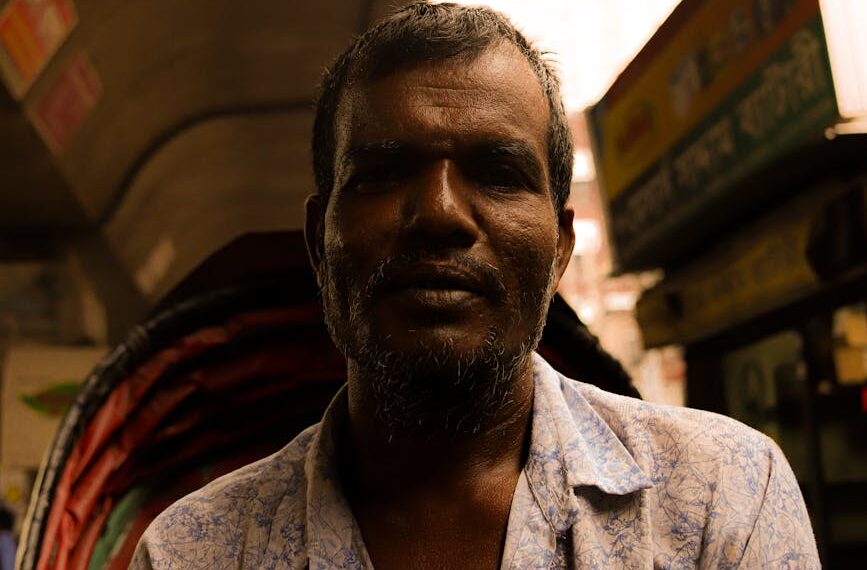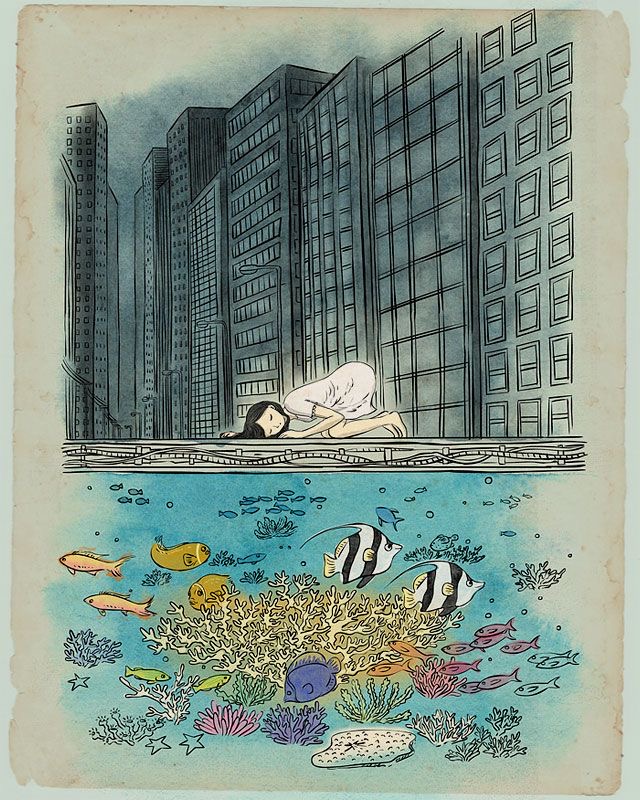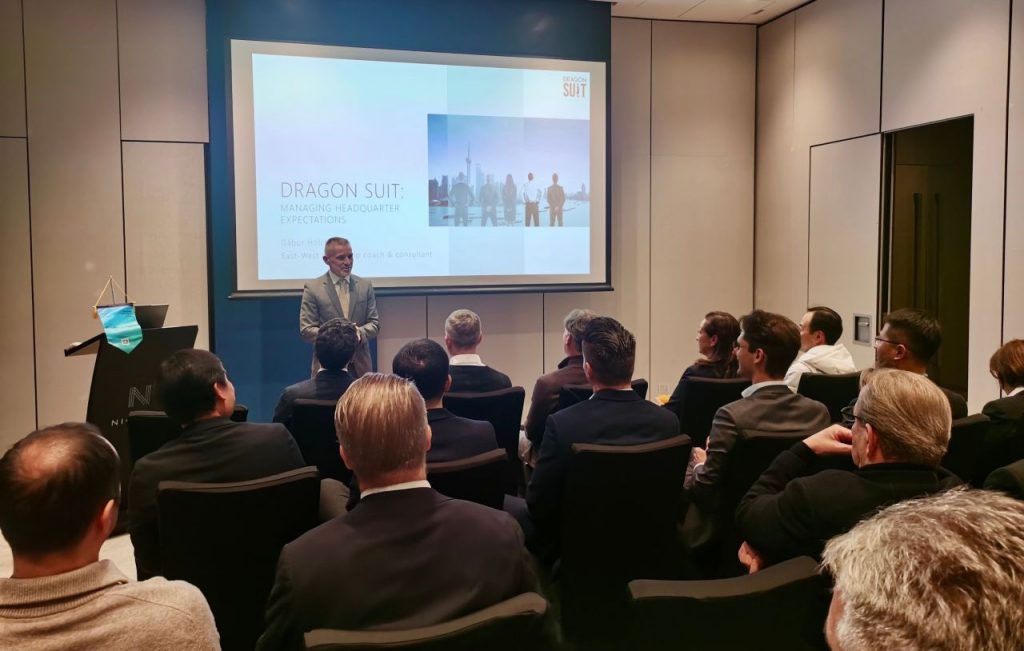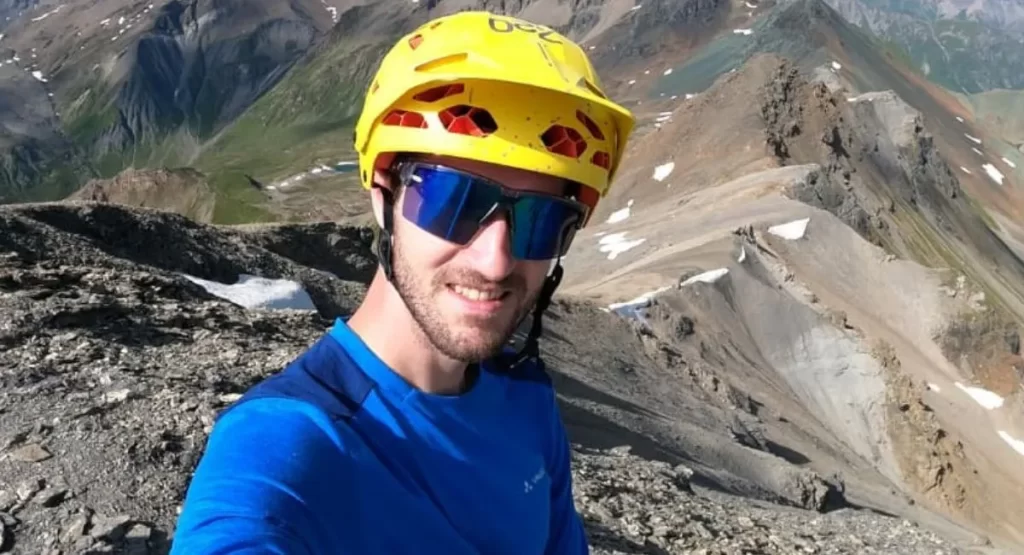The watchman rang our apartment doorbell. There was a man outside who claimed to have been run over by our car.
We rushed down to see a familiar figure sitting on the ground outside our apartment block. His right leg was stretched out and crudely bandaged. We recognized him instantly. He was the hawker who used to stand outside our school gates daily, selling aampapad to the children. We kids had bought the stuff from him often.
He pointed to my eldest sister and said she’d run over his leg a few days earlier. He was now demanding compensation.
My sister had recently turned eighteen and had just received her driving license. However, knowing the poor quality of driving schools in India and the ease with which licenses were obtained, appa had hired a lady instructor to continue training her until she could drive with confidence. The instructor came on alternate days, and it was on one of her days that this incident had supposedly occurred, or so the aampapadwala claimed.
He described the location: the sharp turn off Gamadia Road that snaked down Carmichael Road to meet Pedder Road near Activity School. He said he had been seated beneath the tree on the right-hand side of the road, with his right leg slightly protruding onto the road. According to him, my sister came hurtling down the slope when the signal turned red. She overshot the turn and hastily reversed the car. But the reversal was haphazard. Instead of staying on the left, the car veered right and ran over his leg. He claimed to have screamed in pain, but no one heard him. When the signal turned green, she sped away.
It took him a day to understand the scope of his injury. He realized he couldn’t walk. Remembering my sister as an ex-student from the school, he managed to trace her to our home.
Appa turned to question my sister, who accepted everything the man said—except that she hadn’t heard him scream and couldn’t recollect seeing him at the turn. The only way to resolve this was to hear the instructor’s version, so we waited.
When she arrived, she threw a completely different spin on the incident. She confidently rubbished the man’s claims, stating that as an instructor, she kept her eyes peeled for pedestrians. She insisted there had been nobody under the tree that day.
By now, a crowd had gathered. On hearing the instructor’s assertion, they quickly concluded the man was trying to con us. He was faking the injury or trying to pass off an unrelated one as caused by our car. The aampapadwala, who looked to be on the wrong side of fifty, weakly tried to defend himself, but the crowd’s collective cynicism was too much. In defeat, he picked up his rudimentary crutch and hobbled away.
But he was back the next day. And the day after. He would lie outside our house holding his head in his hands, complaining to anyone who’d listen. The instructor would confront him sharply, and we were told to ignore him.
We were confused. On one hand, the man’s piteous words moved us. On the other, the instructor’s logic reminded us we could be playing into a ploy.
Then, suddenly, he stopped coming. Initially, we were relieved. But as a week passed, we began to worry. Every time we entered our apartment, we looked for him. People said he had realized there was no money to be made and returned to his wastrel ways.
But a nameless dread took hold of our family. What if… he was telling the truth?
That week was tough. Nobody spoke. The usual laughter had left the house. We looked at each other with dark, haunted eyes. It was too much for appa.
One day, without telling us, he set out to search for the aampapadwala. The man who had spent close to two decades selling sweets to schoolchildren had vanished. Nobody seemed to know where he lived. But appa was determined. He asked around and found someone who knew someone who knew him. After driving all over the city and following obscure leads, he traced him to a hovel in a slum, where the man lay burning with fever.
Without hesitation, appa lifted him, carried him to the car—the very car he claimed had injured him—and drove him to a large private hospital.
When filling out the admission form, he was asked for the man’s name. We had always referred to him as the aampapadwala, and appa had no idea what his real name was. Taking a cue from Tagore’s Kabuliwala, my father, in an inspired moment, told the nurse his name was Hanif Mohamed.
The sick man opened his eyes and beckoned to appa. When appa bent down, he whispered, “My name is Atmaram Khandilkar, not Hanif Mohamed.”
His leg was badly fractured, and he had developed a high fever. For two weeks, he was kept under care. Appa would visit occasionally. Atmaram would be happy to see him and often report that he was being treated like a VIP and that the food was excellent.
He walked out a fortnight later, on a pair of shiny new crutches and with a cast on his injured leg. He returned to our house a few weeks later, a different man. His leg had healed; he was smiling as he offered us his aampapad. Appa offered him money, but he refused it, stating all he had wanted was treatment. He burst into tears and thanked my father profusely. Appa, in turn, thanked him.
As I was still in school, I continued to see Atmaram often after that. He would smile at me and insist I take aampapad for free. He would tell everyone around how kind my family was, especially appa. I would squirm and try to avoid taking anything for free from him.
The incident had its consequences. My sister stopped driving altogether. My younger sister was no longer keen to learn. And we, as a family, learned to respect the poor.
We had been humbled. Atmaram had taught us that dignity and courage are not the preserve of the wealthy. By forgiving us, he had shown he was far wealthier than we could ever claim to be. Most importantly, in standing his ground with quiet grace, he saved us from committing a grave sin.


















